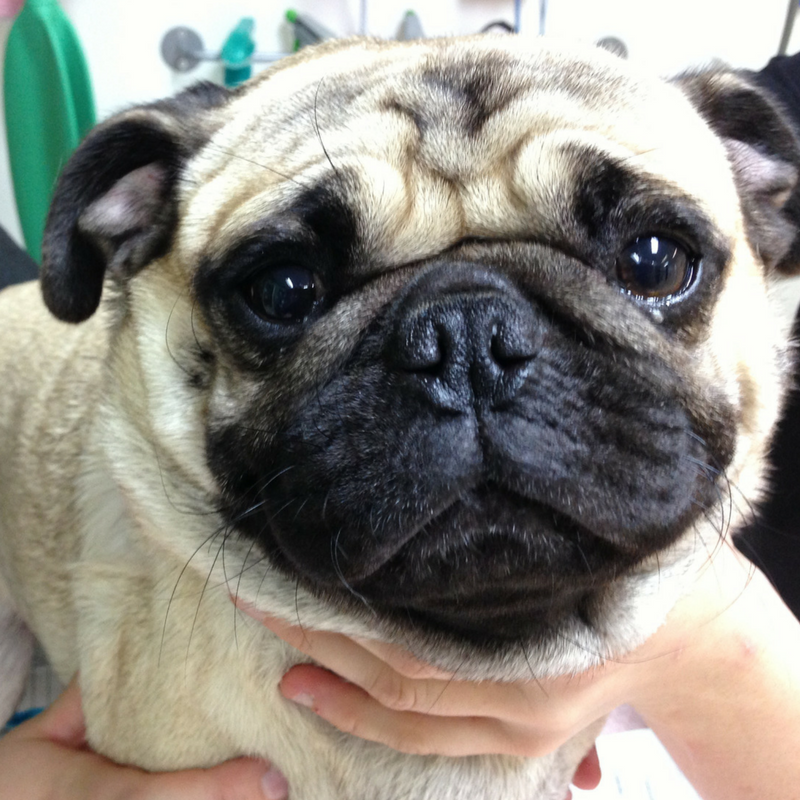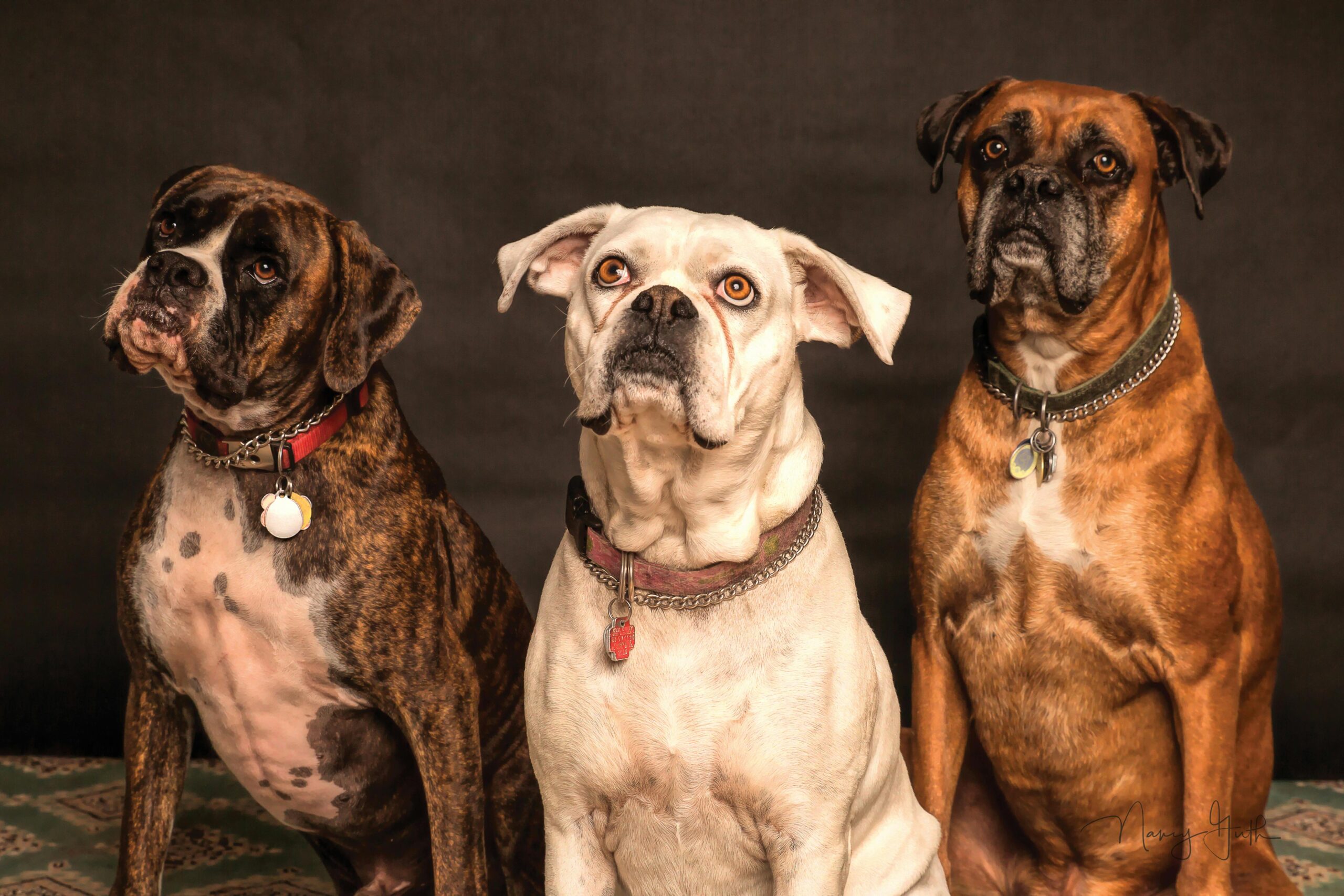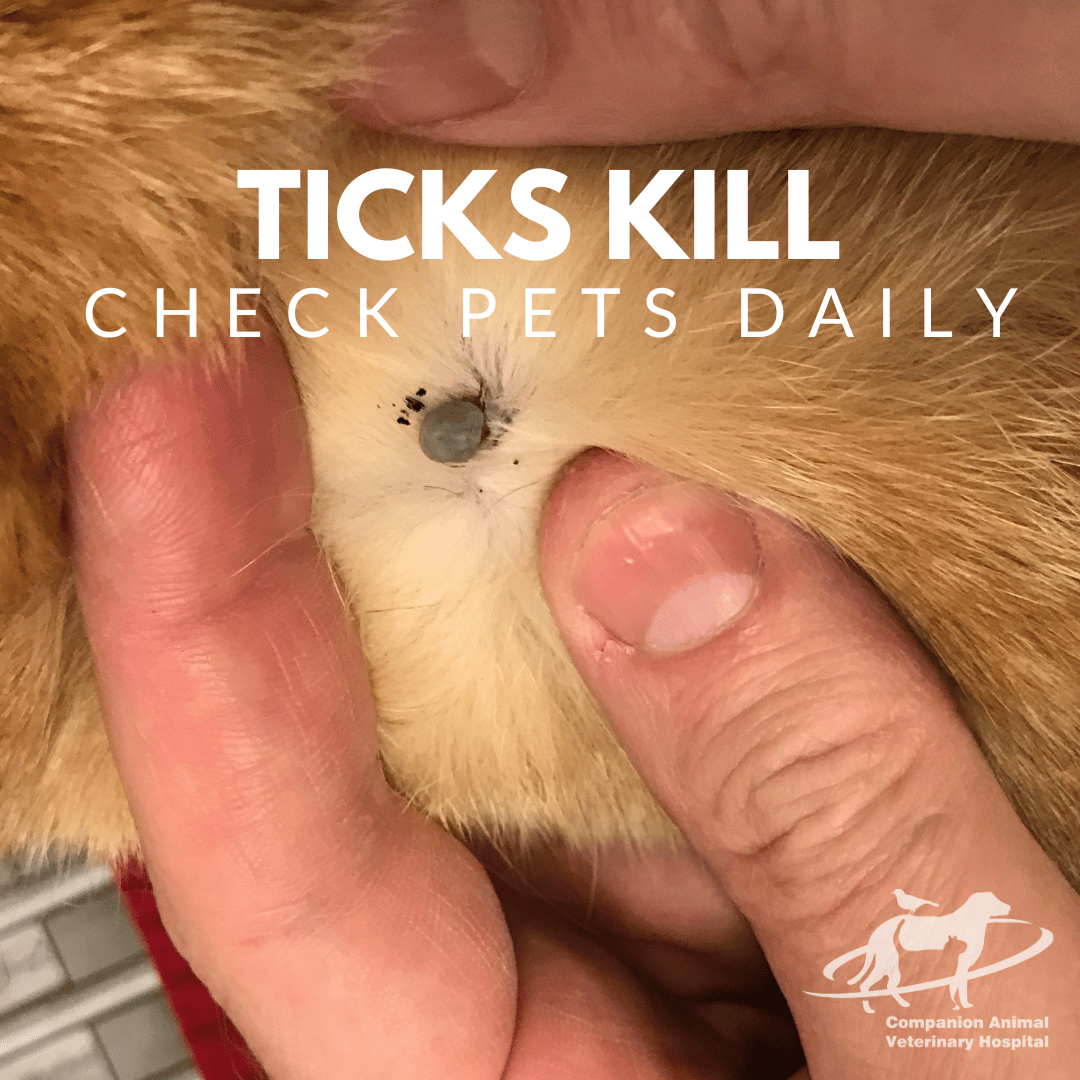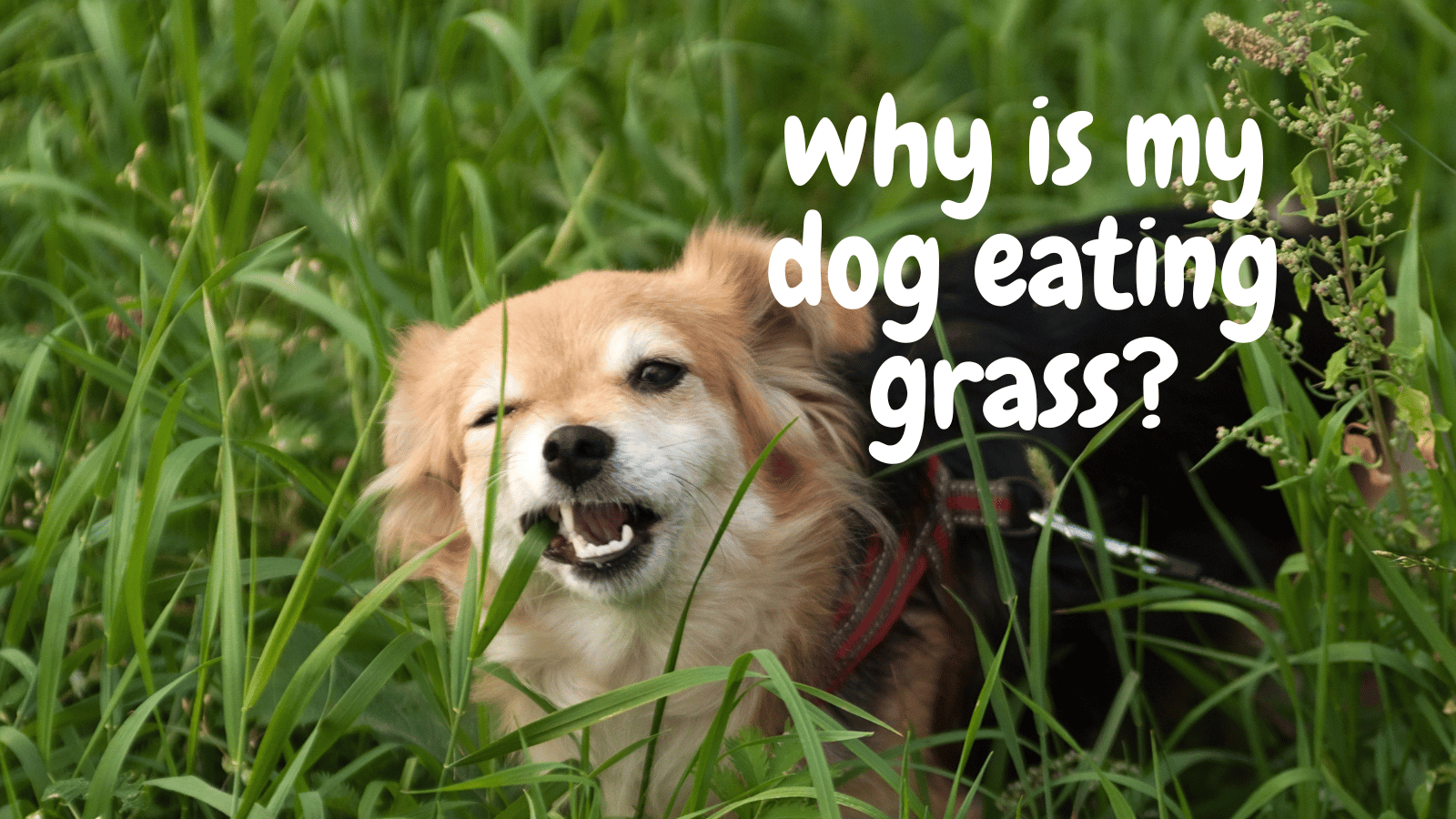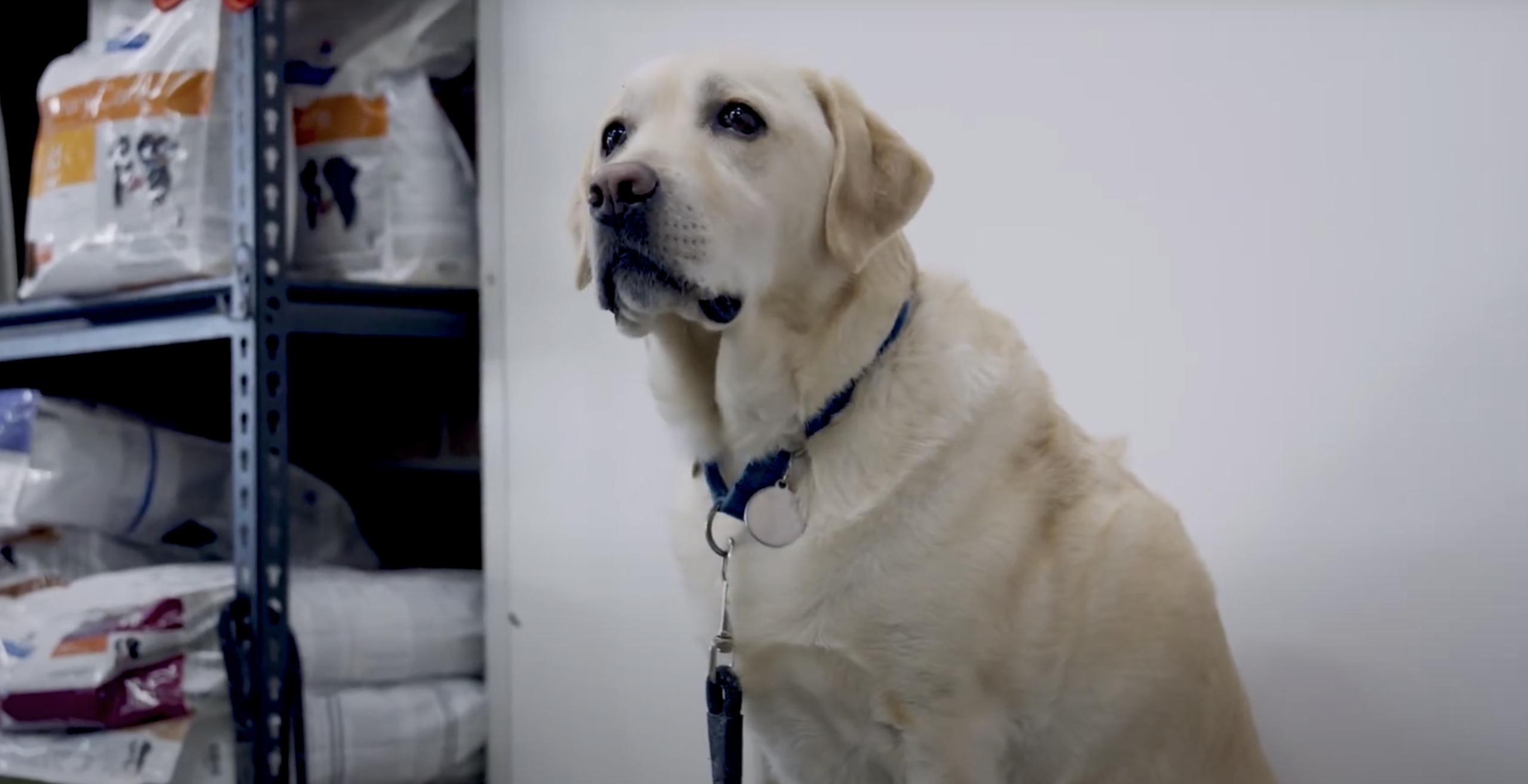You would be forgiven for thinking that dog nasal surgery would be primarily aimed at the large nosed breeds such as Bloodhounds, Germans Shepherds or Basset hounds but in reality, it’s not. Dogs requiring nasal surgery are usually of the flat faced variety – Bostons, Pugs, Frenchies and the like and it’s not cosmetics that brings them through the clinic doors.
Short faced (brachycephalic) dogs are predisposed to a number of respiratory – related issues including:
- stenotic nares
- elongated soft palates
- everted laryngeal saccules
- collapse of the larynx and trachea
Some of these problems can be corrected and if done early enough, may prevent a cascade of further complications as the pet ages.
The most easily seen are stenotic nares. Stenosis means ‘abnormal narrowing of a tubular structure’ and they can vary from slight pinching of the nostrils to complete occlusion of the nasal passages, when virtually no air will pass through the nostrils at all. They are usually evident from an early age and should generally be picked up by or before the first vaccination.
If uncorrected, dogs affected by this problem will have open mouth breathing and snoring and will often struggle with exercise or hot weather. The constantly increased respiratory effort can also lead to other changes of the airways that are much harder or impossible to fully correct.
Surgery involves taking out a wedge of tissue that allows the passages to open, permitting normal nose breathing in treated animals. In conjunction with weight management and soft palate reduction if required, quality of life is greatly enhanced and the threat of respiratory collapse much reduced.
